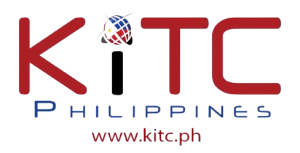At the end of this course, you will be able to:
– Define the elements of organizational governance (evaluate, direct, monitor).
– Describe the impact of digital transformation on service management.
– Explain methods to overcome team challenges (silos, virtual teams).
– Define the elements of the VeriSM™ model.
– Explain how VeriSM™ redefines service management.
– Explain how VeriSM™ uses the management mesh to create and support services.
– Explain the elements within each of the four stages of the VeriSM™ Model.
– Clarify the key concepts and when to apply Agile, DevOps, SIAM™, Lean as a management practice.
– Define the importance of considering Shift Left, Customer Experience/User Experience, Continuous Delivery practices in service delivery.
– Explain the benefits of cloud, virtualization, and automation.
– Explain the impact of big data, internet of things, mobile computing, bring your own device on service management.
– Define serverless computing, artificial intelligence, Robotic Process Automation (RPA), Machine Learning, and containerization in relation to service delivery.
– Identify steps to initiate an improvement program based on VeriSM™.










